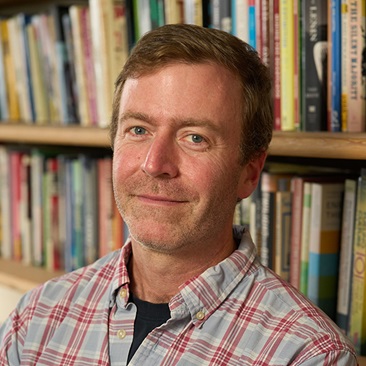
Allan Mazur, professor emeritus of policy studies at the Maxwell School, has published a new book, “Ice Ages: Their Social and Natural History” (Cambridge University Press, 2022).
In the book, Mazur addresses the causes of ice ages and their effects on the social history of humanity. Using a historical lens, he explores how the last ice age’s end paved the way for agrarian civilization and present social structures. Weaving together natural science, social history, glaciology and sociology, the book also investigates what the implications might be for current debates surrounding climate change, lack of trust in experts and lack of understanding of science.
Mazur’s research focuses on biosociology, sciences and technology. He received a Ph.D. from Johns Hopkins University in 1969.
From the Publisher
What causes Ice Ages? How did we learn about them? What were their effects on the social history of humanity? Allan Mazur's book tells the appealing history of the scientific 'discovery' of Ice Ages. How we learned that much of the Earth was repeatedly covered by huge ice sheets, why that occurred, and how the waning of the last Ice Age paved the way for agrarian civilization and, ultimately, our present social structures.
The book discusses implications for the current 'controversies' over anthropogenic climate change, public understanding of science, and (lack of) 'trust in experts'. In parallel to the history and science of Ice Ages, sociologist Mazur highlights why this is especially relevant right now for humanity. Ice Ages: Their Social and Natural History is an engrossing combination of natural science and social history: glaciology and sociology writ large.
Related News
Commentary

Dec 3, 2024
Commentary

Oct 15, 2024
Commentary

Oct 9, 2024
